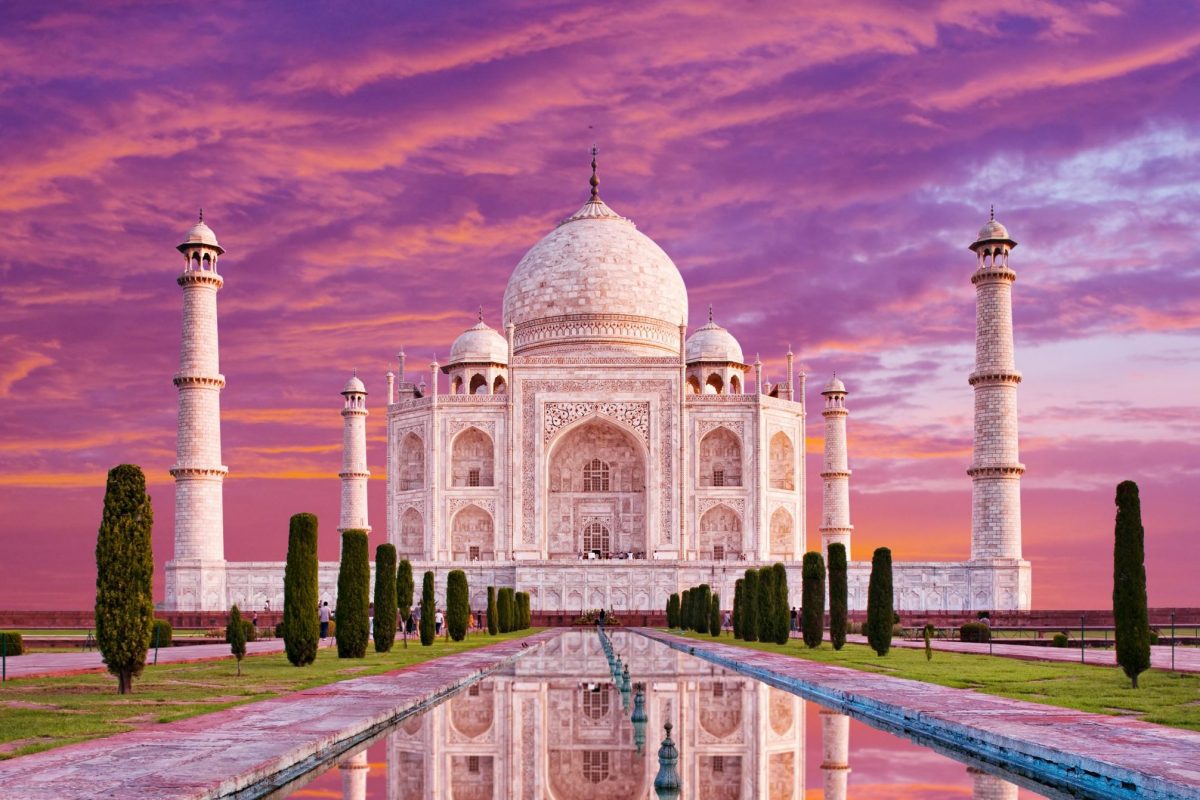Taj Mahal: A Wonder of the World in Peril

Skift Take
What’s pink in the morning, milky white in the evening and golden under the moon? A few decades ago, this wouldn’t have been too hard to guess for India-returned tourists.
But the Taj Mahal these days finds itself embroiled in controversy, which takes off from an old theory of the Taj Mahal originally being a Hindu temple. The Taj Mahal was commissioned to be built by a Muslim emperor in the 17th century, so it underscores India's polarization between Hindus and Muslims.
In May, a petition was filed by one Rajneesh Singh, said to be the "media in-charge" of the ruling Hindu nationalist party Bharatiya Janta Party’s Ayodhya unit, seeking an inquiry from a fact-finding panel into the "real history" of the monument. The petitioner also urged the opening of the 22 sealed rooms, for the possible presence of idols of Hindu gods inside.
The Taj Mahal, one of the Seven Wonders of the World, is not just the Indian monument most visited by international visitors, it is also the most frequented attraction when it comes to domestic tourists. In 2019-2020, nearly 4.5 million domestic tourists and 650,000 international tourists visited the Taj.
But the divisive Hindu temple controversy that some see as mix of robust nationalism masked as patriotism is just the latest cloud for the Taj Mahal, raising questions about its future. Inadequate infrastructure, pollution, and growing apathy towards the Taj Mahal, located in Agra, in the northern Indian state of Uttar Pradesh, is taking the shine off the country’s most popular tourist attraction and one of the most storied destinations worldwide. How quickly these issues can be addressed has huge implications for tourism across India.
A UNESCO World Heritage Site since 1983, the revenue generated by the monument has gone up by almost 400 percent in the last 5 years. In 2018-2019 the Taj Mahal generated revenue worth $11 million, while maintenance and conservation cost around $700,000.
Already mindful of the growing apathy towards Agra, once said to be the tourism capital of India, this time around the tourism industry isn't amused. Travel agents said religious controversies such as the latest one would only deter inbound tourists, who have been trickling in, post India’s reopening of borders in March after a two-year lull.
Controversies like this do not create a conducive environment for tourism growth in the country, said Rajiv Saxena, exec

